Spending a premium amount on an item for your vehicle will often reward you with better quality and longevity. If you are looking at new tires for your vehicle and wonder if Michelin tires will last, we can help you. We researched this popular tire brand from multiple professional sources so that you'll know for sure what to expect.
You can expect a Michelin brand tire to last between 40,000 and 85,000 miles. The amount of mileage you will get depends on:
- The type of Michelin tire
- How you treat and maintain the tire
- Driving conditions
Now that we have a range of how many miles a Michelin tire will last, we'll take a closer look at what impacts their longevity. You might also be curious about the signs that tires need replacing or how long Michelin run-flat tires will last. For the answers to these questions and more, read ahead in this post and see what our research has shown us.
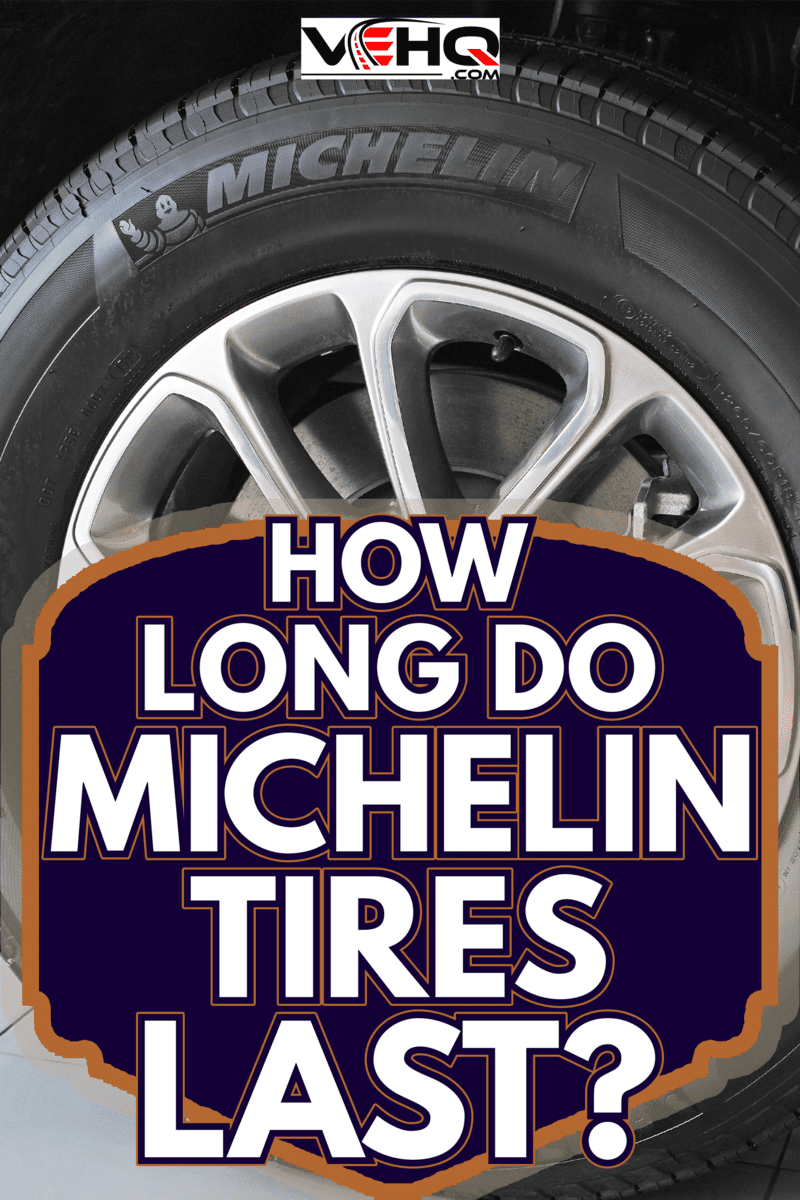
How to get the most out of your Michelin tires
Like any other part of your vehicle, the tires will only last to their expected mileage if certain circumstances are had. If you're going to fork over good money for tires, it's essential to know precisely how to get the most out of them.
Replacing one tire can be costly enough, but buying a new set can set your bank account back. Some people might need to plan for this sort of expense.
Here, we'll look at what circumstances impact the lifespan of a Michelin tire so you can do that budget planning.
The type of Michelin tire
Like most tire manufacturers, Michelin has a wide variety of tires available. Whether you need to fit your vehicle with snow tires, summer tires, or high-performance tires, Michelin will have many to choose from.
Specialty tires like summer and snow tires will be on the lower end of the longevity range. Under the proper conditions, these tires will last up to 50,000 miles on average.
Every day tires like the touring or all-weather tires last much longer. These you can expect to last up to and perhaps beyond 85,000 miles.
How you treat and maintain the tire
No matter how well built a tire is, it will need to be properly maintained to get the most mileage. Ensuring that it is inflated to the factory-recommended PSI is critical. Driving on underinflated tires will allow for significant damage.
Be mindful of how you brake and accelerate. Spinning your tires won't do them any favors, and neither will skidding into a complete stop. Remember that these are wearable parts and will last much longer if treated as such.
Rotate the tires when recommended to do so. This will keep them from uneven wear and make them last longer.
Driving conditions
Road hazards are the number one enemy of a car tire. Whether it's a nail or a screw that lies in wait in your favorite parking space, or a newly formed pothole on your commute, these factors can severely diminish the life of your tires.
Drive carefully and avoid running your vehicle through spots that look troublesome. If this cannot be avoided, drive meticulously. Treat potholes and speed humps with extra caution.
Understandably, some conditions cannot be avoided. But be alert to what is on the road in front of you at all times.
How long will Michelin run-flat tires last?
Run-flat tires are becoming more common. These specially designed tires will allow you to drive for many miles after they are punctured, allowing you to get to a service station for help.
Michelin brand run-flat tires will allow you to drive an average of 50 miles after the tire is punctured. This number of miles is typical across all brands of run-flat tires.
These tires are typically equipped on vehicles that do not have a full-size spare or donut. They are not meant to be mixed with other tire types. Do not replace your run-flat tire with any other type, as it will cause issues with your suspension and alignment over time.
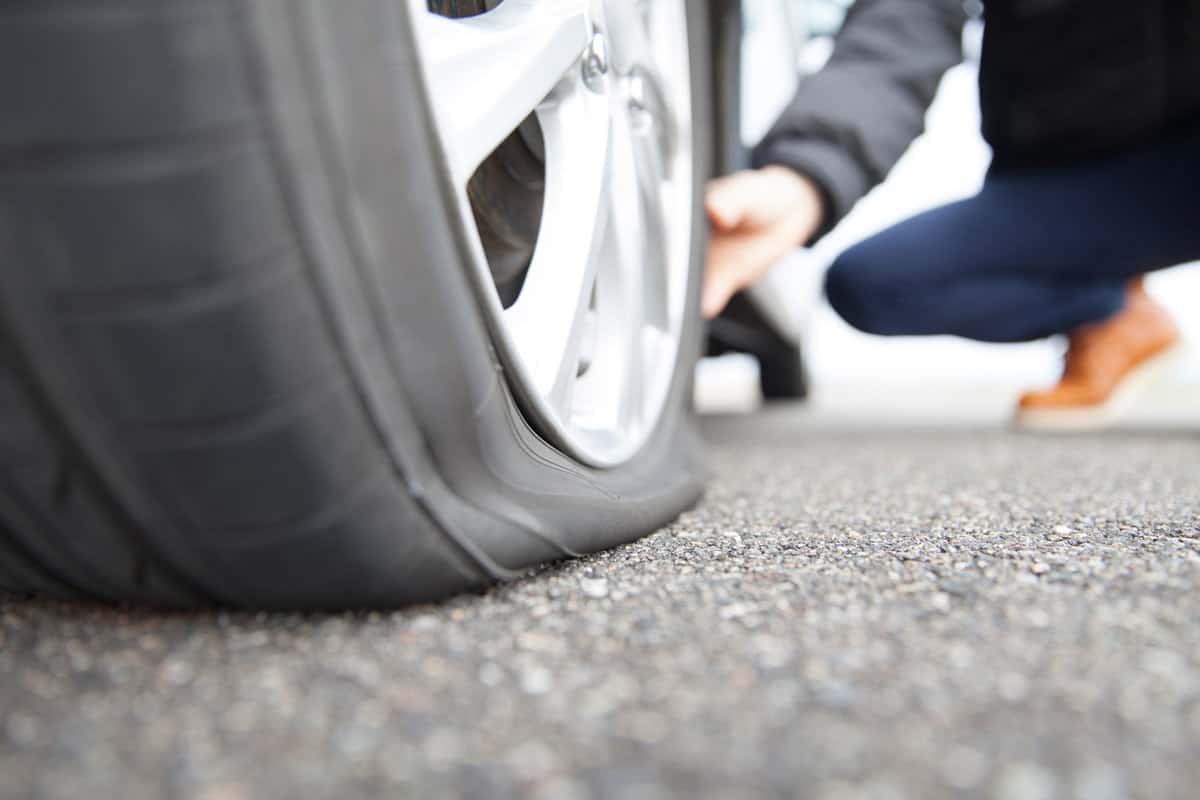
What mileage can I get from Michelin's all-season tires?
We mentioned earlier in this post that Michelin's all-season tires are among the ones with the most longevity. Equipping your vehicle with these tires will undoubtedly cost a bit more, but you will find that they will last quite a while.
On average, you can expect a Michelin all-season tire to last 85,000 miles. This is nearly half the life of a typical vehicle!
Take proper care of your Michelin all-season tires to get the best results.
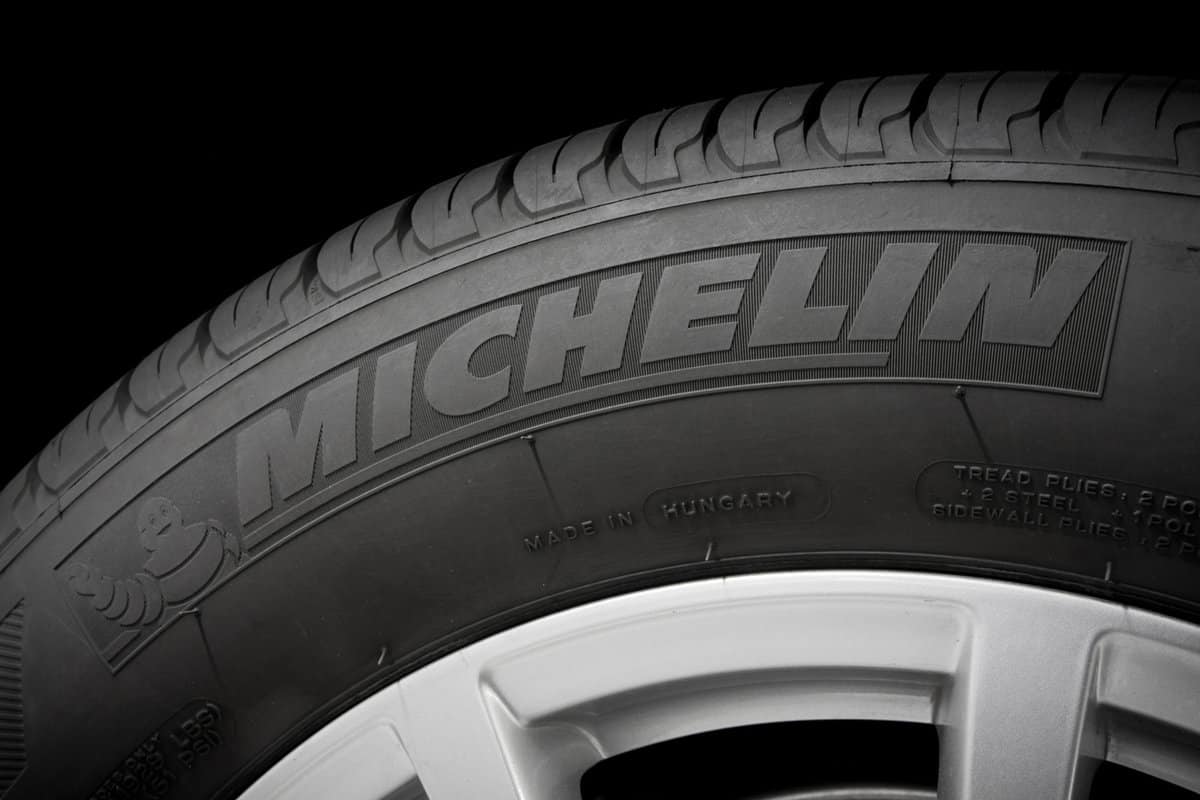
How long do average tires last?
The lifespan of tires is quite a wide range. Everything from tire brand, tire type, and driving conditions will factor in on how many road miles you can expect these inflated pieces of rubber to last. And as we outlined earlier in this post, how you treat them goes a long way.
On the lower end of the spectrum, tires will last an average of 25,000 miles. These are typically the most inexpensive models on the market. They can also be specialty tires, like high-performance ones, that wear out faster because they are meant to be driven.
Across most tire brands, all-season models will usually last the longest. With proper care and maintenance, you can expect this type of tire to last upwards of 60,000 miles.
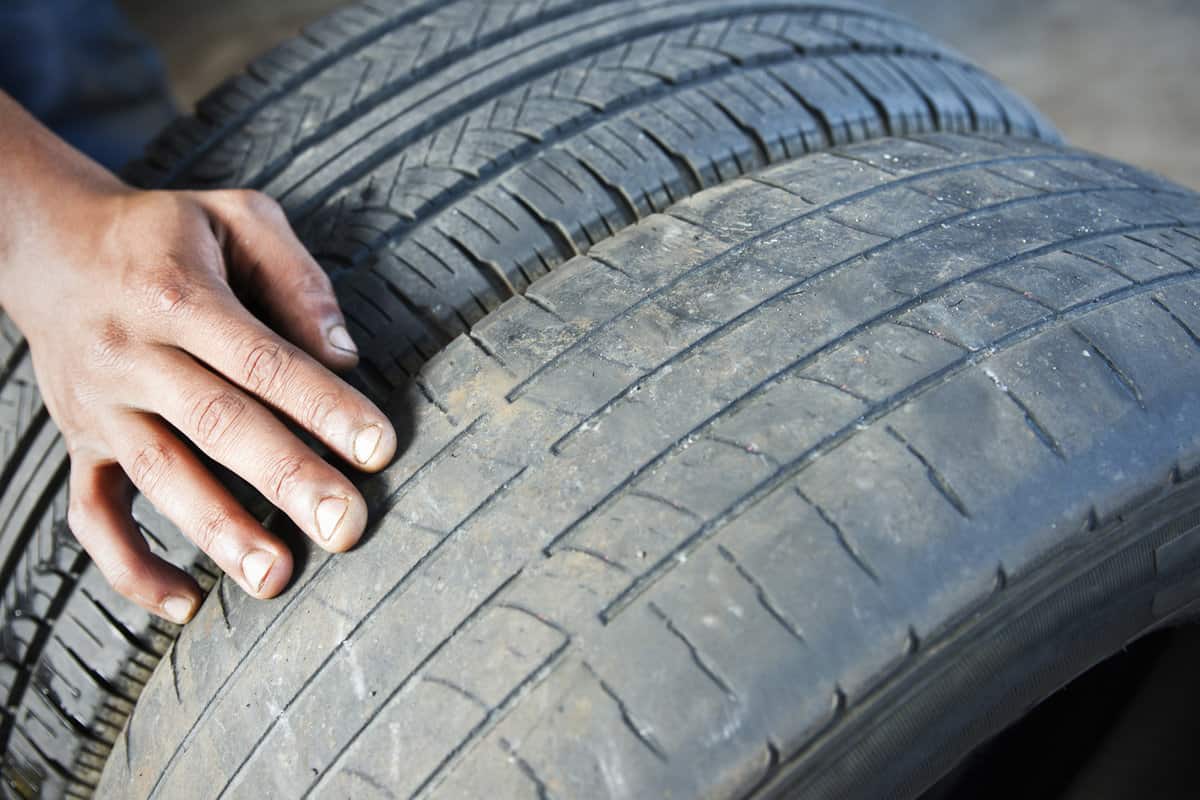
How do you know when a tire needs replaced?
Tires will most often have some tell-tale signs that they need to be replaced. Your tires will get inspected whenever you bring your vehicle in for routine service, so you'll know what shape they are in. When technicians inspect your tires, they are looking for several things.
Is the tread wearing evenly?
Even tread wear is critical in the life of any tire. The tread should be wearing evenly on the tire's surface that comes into contact with the roadway. If it is not, it won't be able to drive properly. Often this is due to alignment issues.
If the tread is too uneven, you will need to replace your tires. You might be able to catch this beforehand, however. If you notice that your vehicle pulls to one side, it's a sign that you are getting out of alignment.
Taking care of alignment issues will solve the uneven tread problem before starting. Once the tread is too uneven, you'll have to replace the tire.
What is the tread level?
Tires wear over time. The more they are driven, the more the tread will wear down. The tread can be easily measured to determine if enough tread is left to be safe and legal to drive on.
New tires usually have a tread depth of 10/32 of an inch. They need to be replaced when the depth reaches 2/32 of an inch.
If you don't have a proper ruler to measure on your own, you can use a penny. Insert a penny upside down in between the treads and see where the top of his head is. If the top of his head disappears, you have more than 2/32 of an inch of tread life.
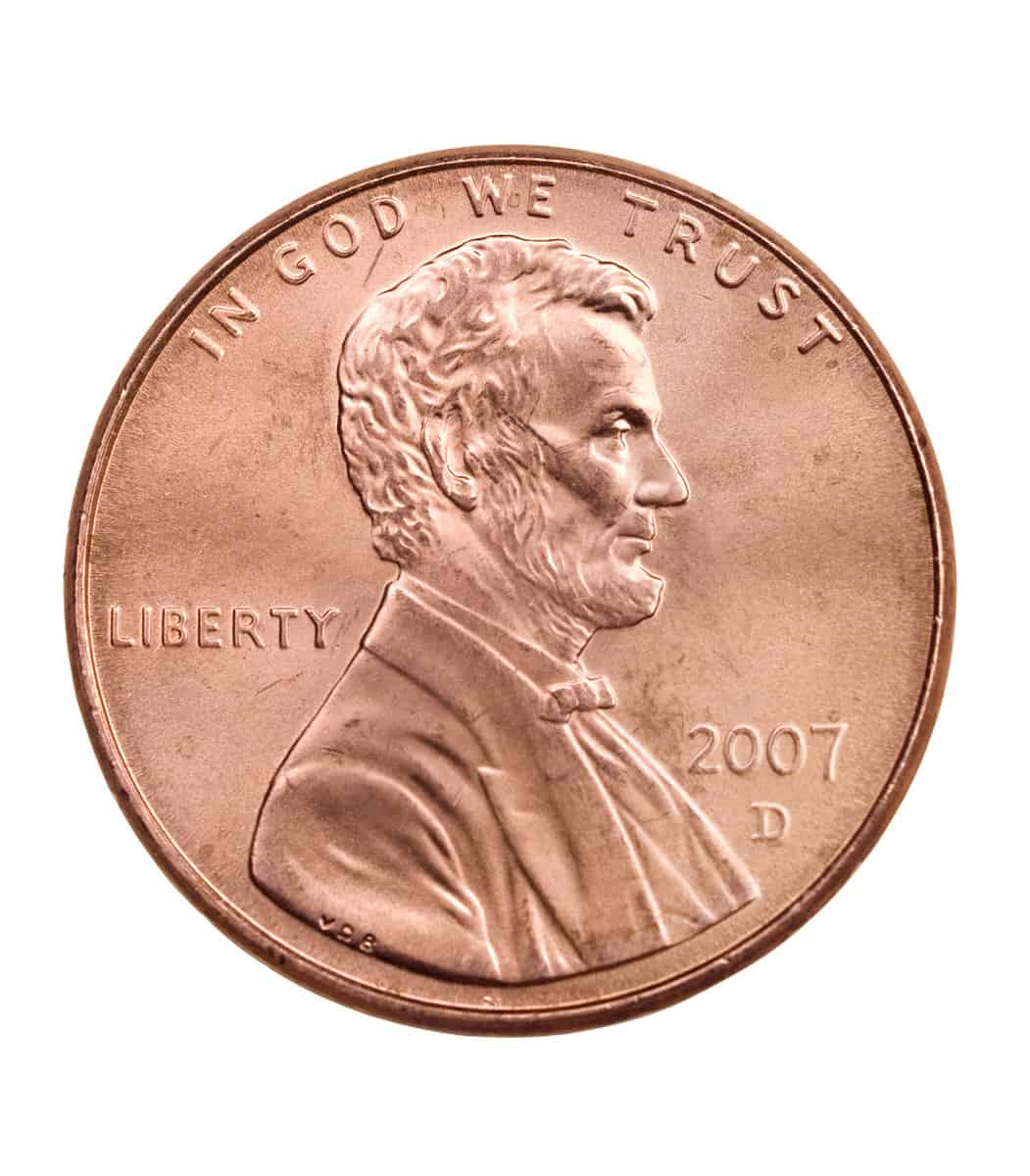
Are there any punctures or other tire damage?
Inspect your tires routinely for damage. If you notice a slow leak, you might have a screw or nail embedded in the tire. Depending on where it's inserted, you might have to replace the tire.
Any obstruction to the tire's sidewall cannot be patched or repaired. But if the obstruction is on the part of the tire that meets the road, you may be able to patch or plug it.
Take all tire damage seriously and remedy it as soon as possible.
Do I need to replace all four tires at once?
You might think that a single damaged tire will be the only one you need to replace. Unfortunately, sometimes you will have to replace all four of them, even if the other three are in great shape.
All-wheel drive vehicles will need to have all tires replaced at once. The treads need to be as even as possible; otherwise, costly damage can happen to your car.
Two-wheel drive cars can sometimes get away with a single tire replacement. However, you'll want the tread for the tires on opposite sides to match as close as possible. Generally, if you replace one front tire on this type of car, you'll want to replace the other one so the treads will match.
Final thoughts
Michelin has been a leader in the tire industry for decades. With proper care and treatment, you can expect a Michelin tire to last an average of 85,000 miles on the road. Keep the tires inflated and rotated, and watch out for potholes. Drive safe!
We hope you found this post on Michelin tires to be helpful. For more information, we recommend the following posts:
How Long Tires Should Last On A Brand New Car?
